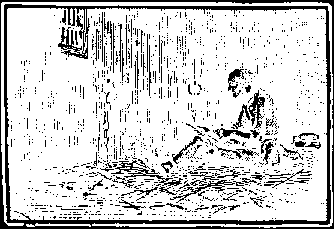And American Values
Glenn C. Loury
(Boston Review)

- A black male resident of California is more likely to go to a state prison than a state college.
- Among black male high school dropouts aged twenty to forty, a third were locked up on any given day in 2000.
- This moves the debate from social reform to punishment.
The price is high, very high. The third largest employer in the United States, after Manpower and Wal-Mart, is "corrections." Expenditures for prisons went from $7,000,000,000 in 1980 to $57,000,000,000 in 2000. One writer here --- in the "Forum" section --- calls it "penal Big Government." Loïc Wacquant calls it hyper-incarceration, one that is aimed at a single particular class, "lower-class black men in the crumbling ghetto." Prison is a ridiculously expensive vocational training school, one that engulfs all --- those who have been jailed, the administration, even the guards.
- Incarceration begets more incarceration, and incarceration also begets more crime, which in turn invites more aggressive enforcement, which then re-supplies incarceration.
Tommie Shelby says that it might remind one of Max Weber's truism on human nature: "The privileged want to believe that they merit their advantages and that the disadvantaged deserve all their hardships."
Race, Incarceration, and American Values is a breath-takingly concise book, a mere eighty-four pages. It should leave the reader with sorrow ... the sorrow that we should have created such a vicious system that betrays all involved.